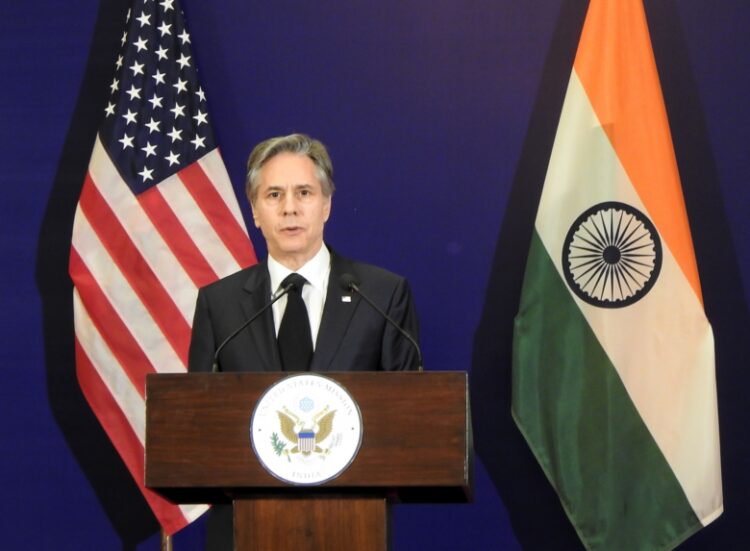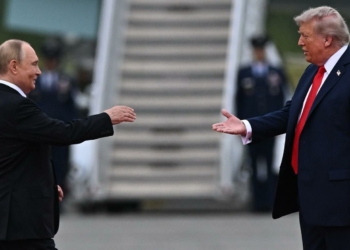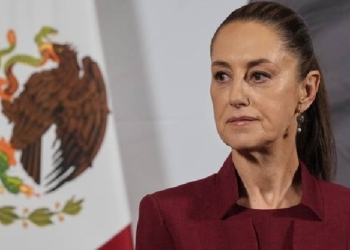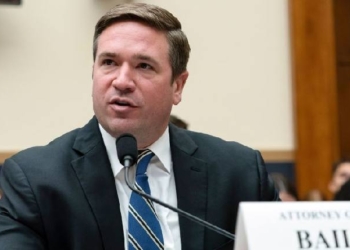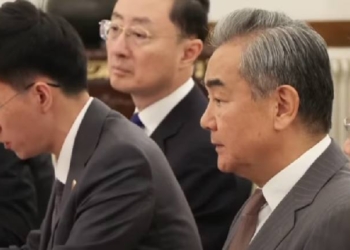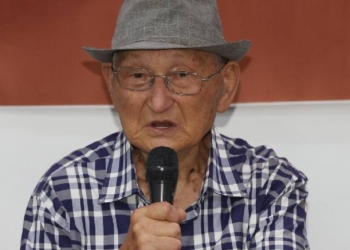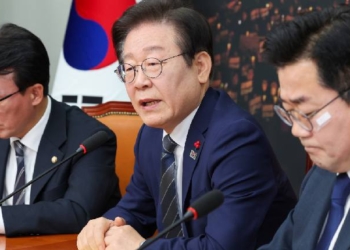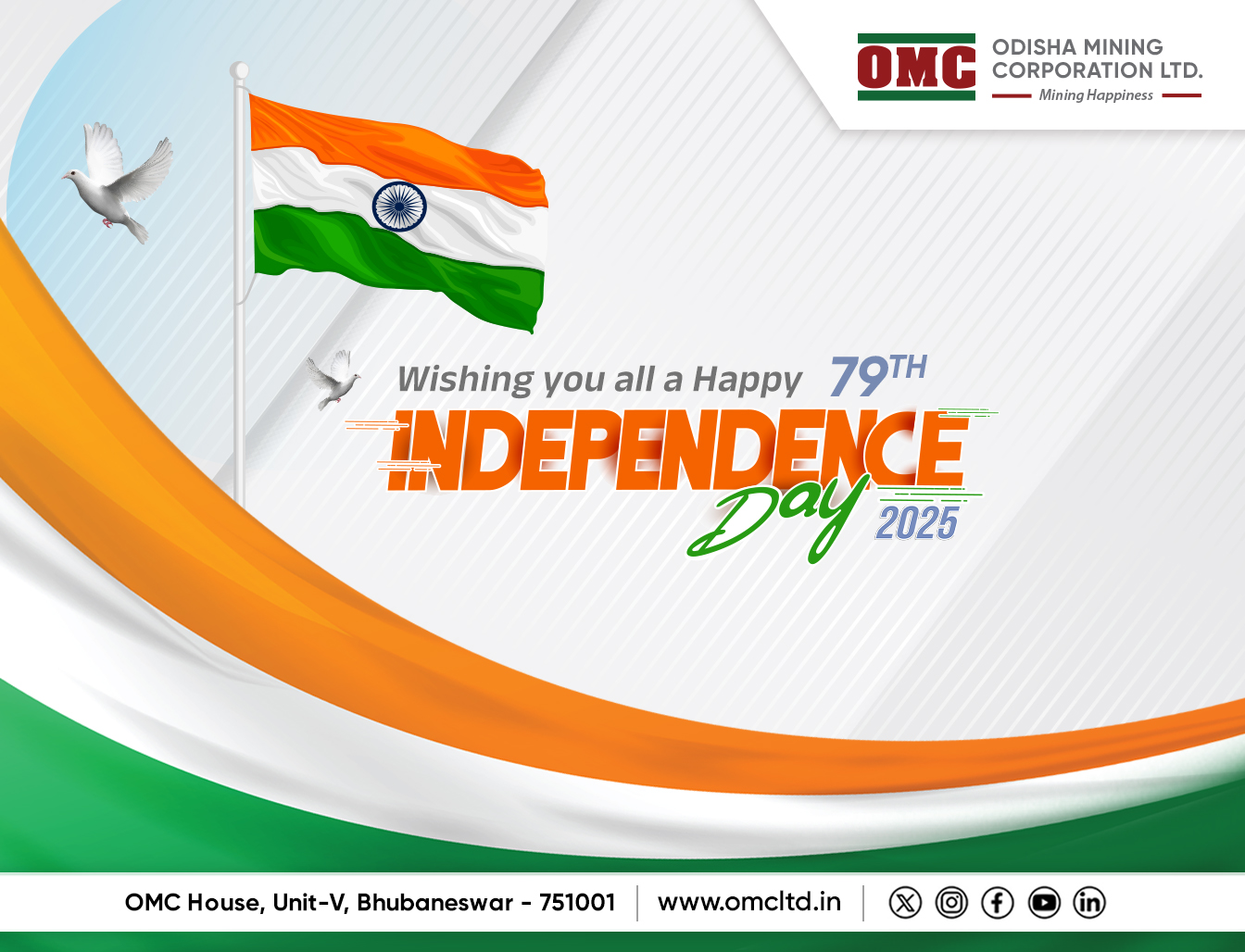New Delhi: US Secretary of State Antony Blinken on Thursday said that he urged Russian Foreign Minister Sergei Lavrov to end the Ukraine war and engage in meaningful diplomacy.
Addressing a press conference after the day-long deliberations at the G20 Foreign Ministers meeting, Blinken, while referring to his brief unscheduled meeting with his Russian counterpart on the sidelines of the conference, said he told Lavrov to end the “war of aggression” and “engage in meaningful diplomacy that can produce a just and lasting peace”.
Blinken added that the Ukraine war “could end even tomorrow” if Russia wanted.
Referring to the G20 Bali document, he said that only Russia and China had refused to sign it.
No consensus could emerge over coming out with a joint comminque after the G20 Foreign Ministers meet, as sharp differences emerged among the member nations over the Ukraine crisis despite India’s efforts, sources said.
Russia and China opposed any reference to Ukraine while Western nations led by the US sought a mention of the war in the joint communique.
Blinken added that despite opposition from two key members like Russia and China, the process could still go ahead even if there’s no joint communique at the main G20 summit scheduled in September.
He, however, appreciated External Affairs Minister S. Jaishankar for coming out with a Chair’s Summary at the meet.
Asked about China’s possible military support to Russia against Ukraine, Blinken said that though there has not been any indication of this, if the US gets any information about China supporting Russia, then there could be a “serious problem” and “there would be consequences”.
Underlining the problem of food crisis being faced globally due to the Ukraine conflict, Blinken said that every country was suffering from it and therefore it is imperative upon G20 nations to provide food to such nations and help them become agriculturally self-sufficient.
To a question on incidents of human rights violations in India and the BBC documentary controversy, Blinken said that both India and US are democracies and have to hold themselves accountable to the core values of democracy.
“We regularly engage with our Indian counterparts on the issue, as I did with Jaishankar today,” he said.
On restrictions imposed on NGOs in India, he said: “When it comes to restrictions on NGOs, we raise with our Indian counterparts the necessity of allowing all NGOs to do their work without restrictions, and this comes up in our conversations regularly.”
(IANS)




